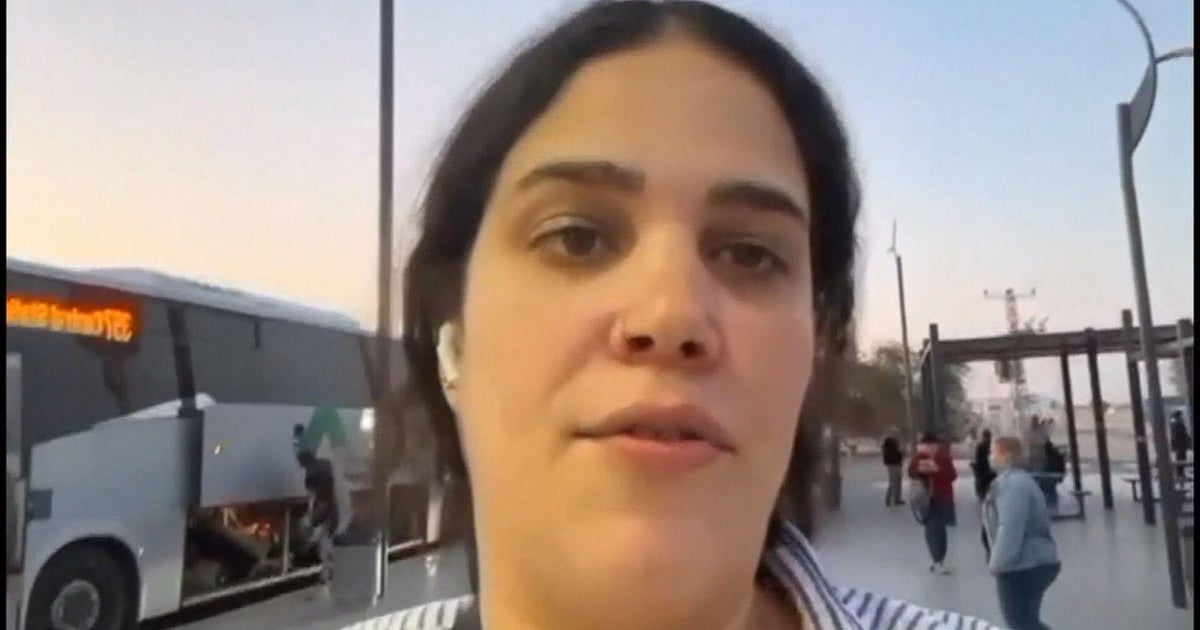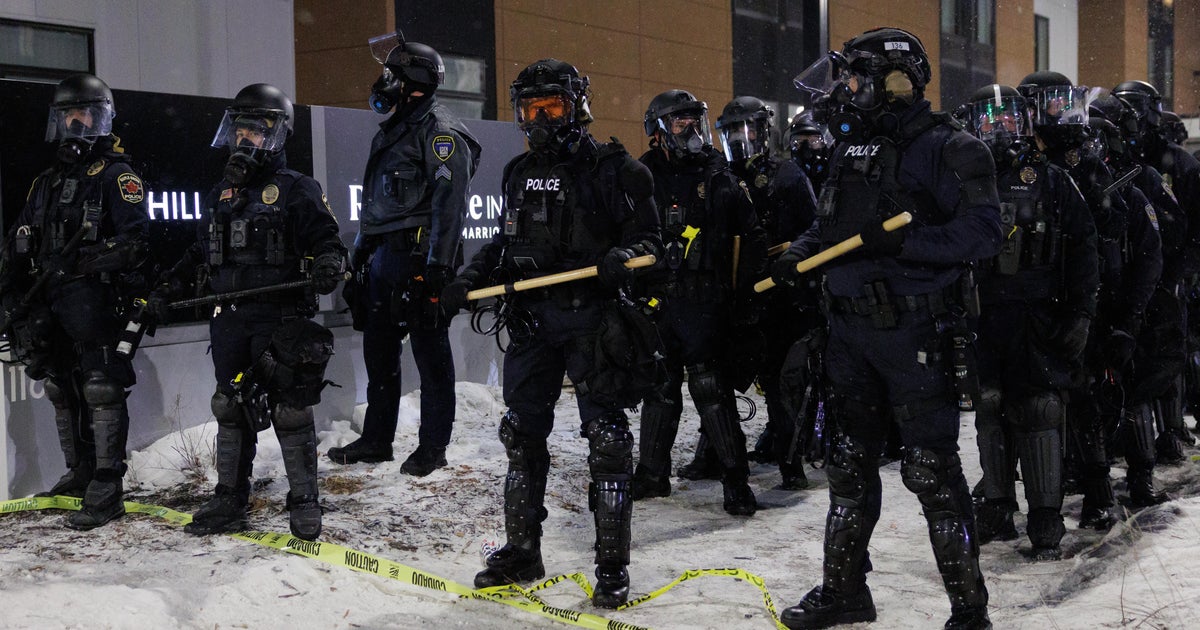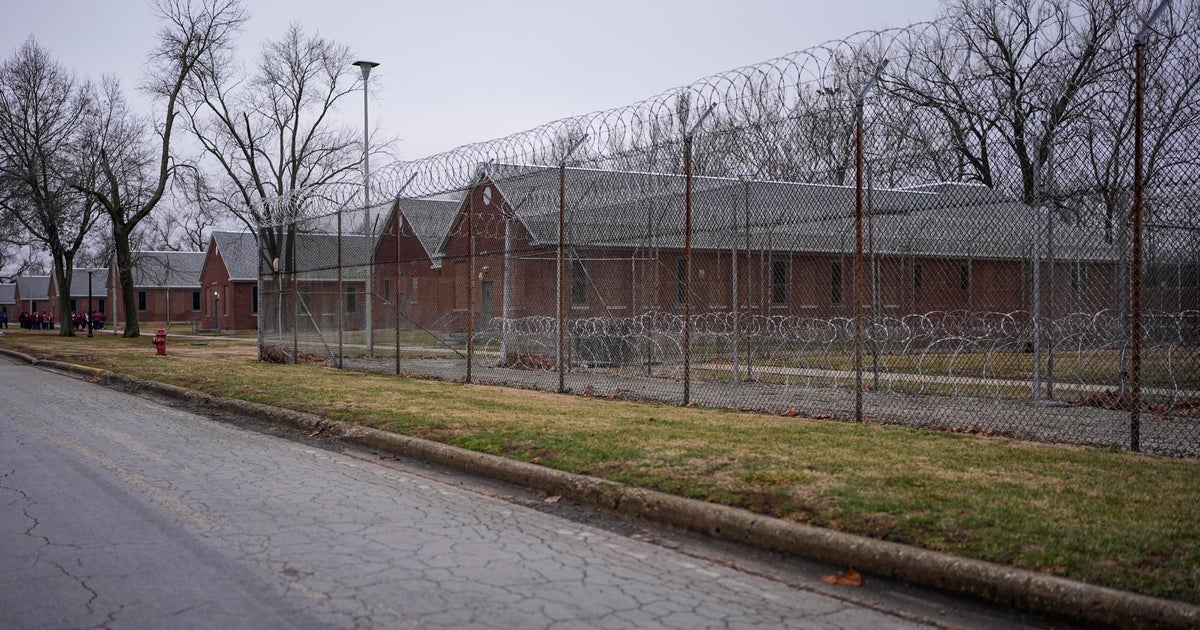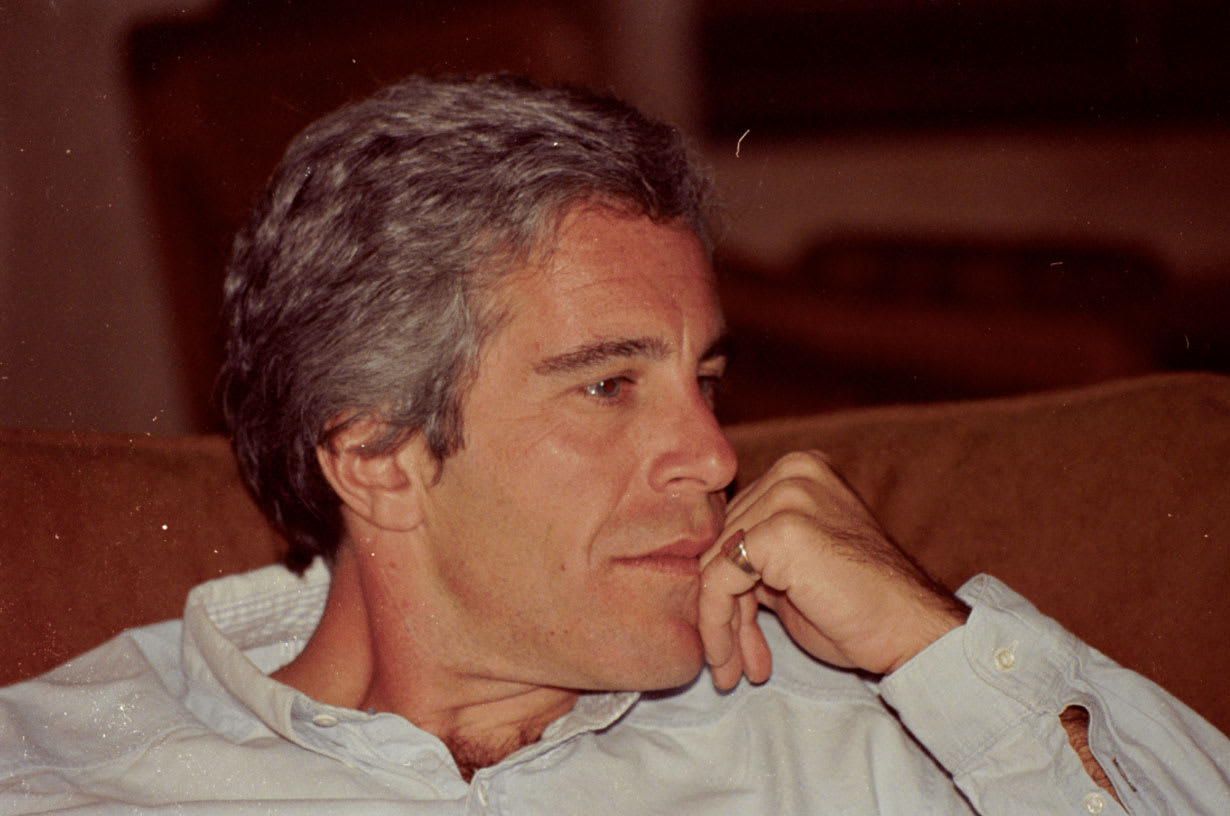Woman gives birth to "super twins" conceived three weeks apart
A woman in the U.K. recently gave birth to two babies at the same time — but they were conceived three weeks apart. Rebecca Roberts gave birth to so-called "super twins" in September after going through fertility treatment that resulted in her getting pregnant twice and carrying the babies at the same time.
Roberts told CBS News she and her husband, Rhys, had been trying to conceive a baby for more than a year, and at 38, she was worried she couldn't get pregnant because of her age. The couple went to a fertility clinic in Bath, England and Roberts took a drug to help her with ovulation.
"On my first cycle on that drug we became pregnant," Roberts told CBS News via email. That was February 2020, when Roberts didn't know more was to come.
"This is the fun part," she said. "I found out there was a second baby at my 12 weeks scan."
"I had already had two scans at seven and 10 weeks and both times they only saw Noah," she said, referring to her baby boy, who was conceived first.
"I was so shocked, I didn't feel real at all. It was a good job I was laying on the couch or I would have fainted on the floor," Roberts said. "I felt really lucky, but so, so shocked at the same time."
Roberts couldn't believe she got pregnant twice, but she soon learned about how rare her twins are. "When I learned about the pregnancy being a superfetation pregnancy, that was just amazing," she said. "I mean, all of a sudden I have twins and now the are super special rare twins. It felt magical."
Superfetation refers to fertilization and implantation of a second conception during pregnancy.
Her twins are DZ or fraternal twins, which occurs when two eggs are released at a single ovulation and are fertilized by two different sperm, according to Twins Research Australia. DZ twins share the same type of genetic relationship as non-twin siblings.
However, Roberts' twins aren't typical DZ twins that were conceived at the same time. They are considered "super twins" because two different ova were fertilized at different times, according to a 2013 study published in Emery and Rimoin's Principles and Practice of Medical Genetics.
There have been other cases of super twins, including one case where one twin was white and the other was black. In another case, the twins were significantly discordant in size and development at birth, according to the study.
In fact, when twins are markedly different in size when they are born, this may be due to different gestational ages because they are super twins that were conceived at different times.
Such is the case for Roberts' twins, Noah, who was born at 4 lbs 10 oz, and Rosalie who was born at 2 lbs 7 oz.
Both twins were in the neonatal intensive care unit at Bath Royal United Hospital, but Rosalie, who had a smaller placenta and didn't grow as much, had to stay in the hospital longer. Up until this week, Rosalie was still being seen by a NICU nurse.
Roberts said that her twins are so rare, there is hardly literature about it, adding that she believes they are the 14th case of super twins in the world.
The mom decided to document her pregnancy on Instagram to share more about super twins.
"My pregnancy was tough," she said. "There was speculation from one doctor that there was something wrong with Rosalie and she may not survive when she was born. They tested me for viruses and infections as I thought this might be why Rosalie is small but the test came back completely clear."
She said the pregnancy was even harder because the U.K. was in lockdown and her husband couldn't go to appointments with her due to the pandemic.
"The doctors told us they would be born on the same day and I'd need a c-section. They couldn't be born separately as there's a massive risk of infection," Roberts said. "It was strange, as Rosalie's due date was three weeks after Noah's."
"When the babies were born we had lots of tests done to find out if there was a genetic reason Rosalie was so much smaller and she came back clear. So my consultant said it's a superfetation pregnancy like he diagnosed in the first place," Roberts said.
The new mom has continued to post updates on her Instagram account about Noah and Rosalie, who were born two minutes apart on September 17. Roberts hopes sharing her super twins' story shows others that "anything's possible."
"This wasn't supposed to happen, but it has. The female body is amazing," she said.



